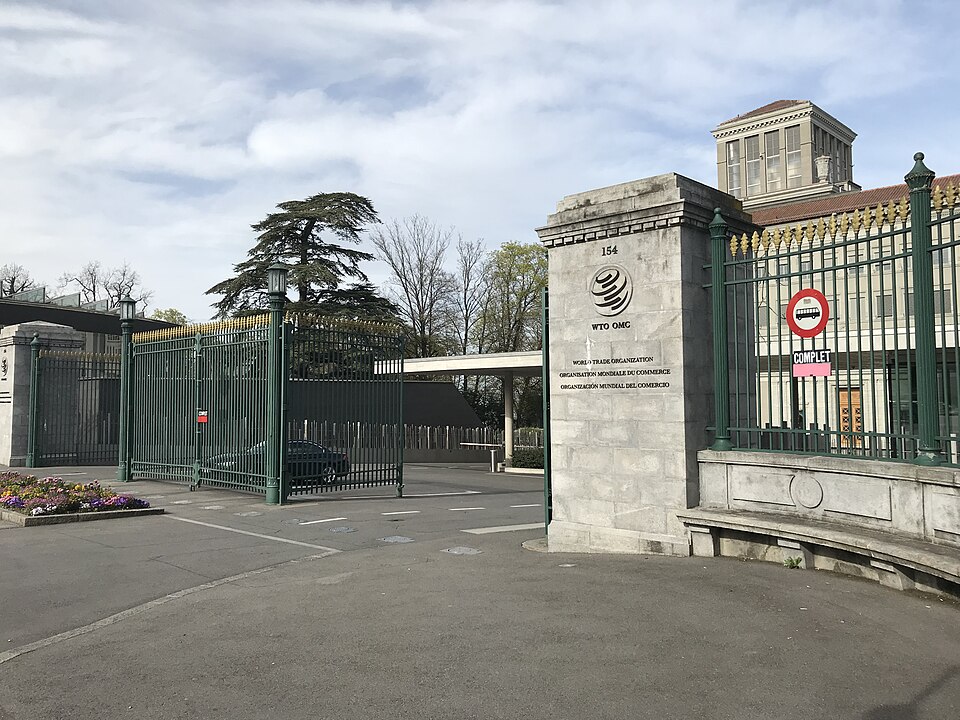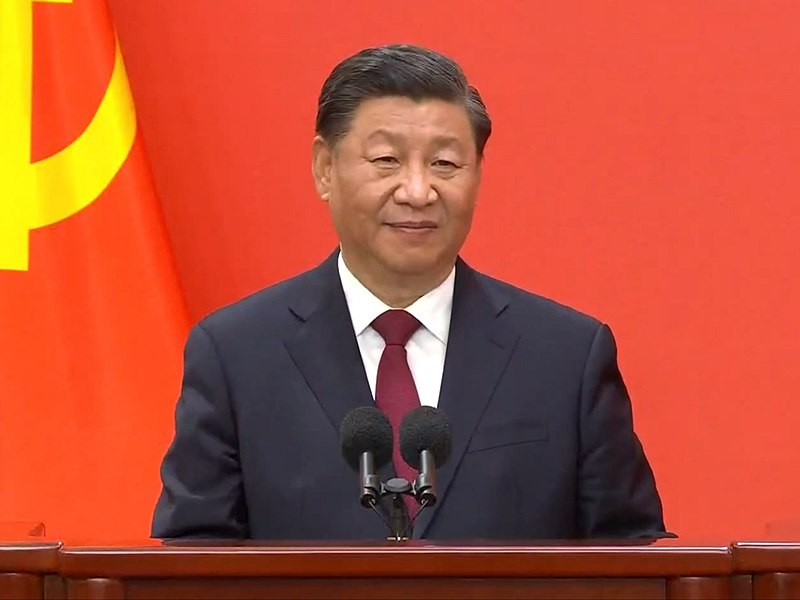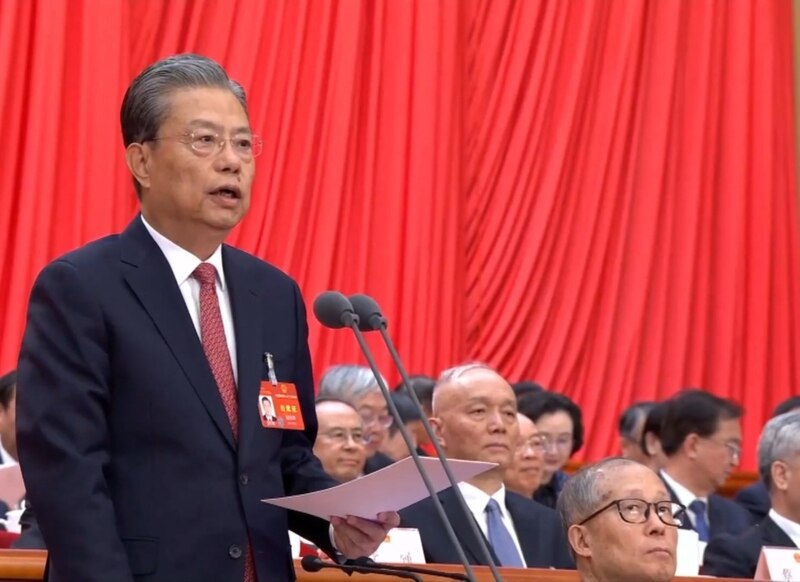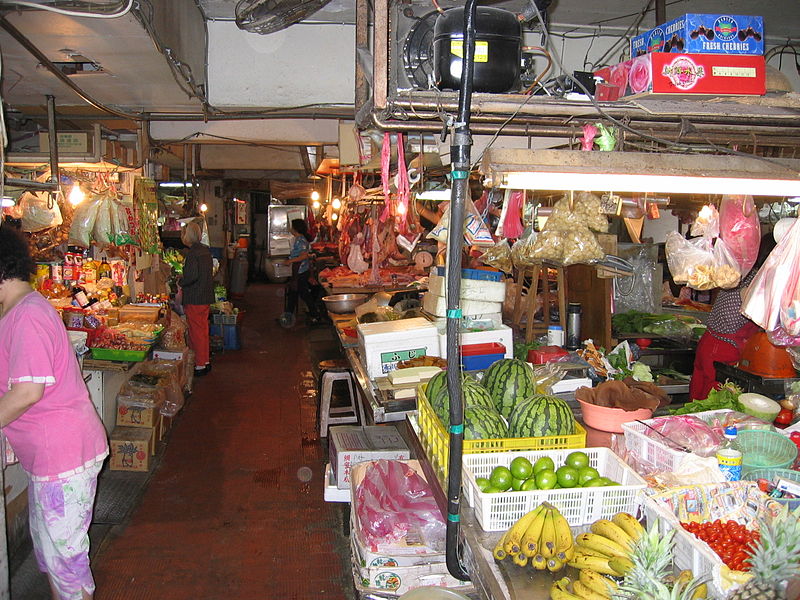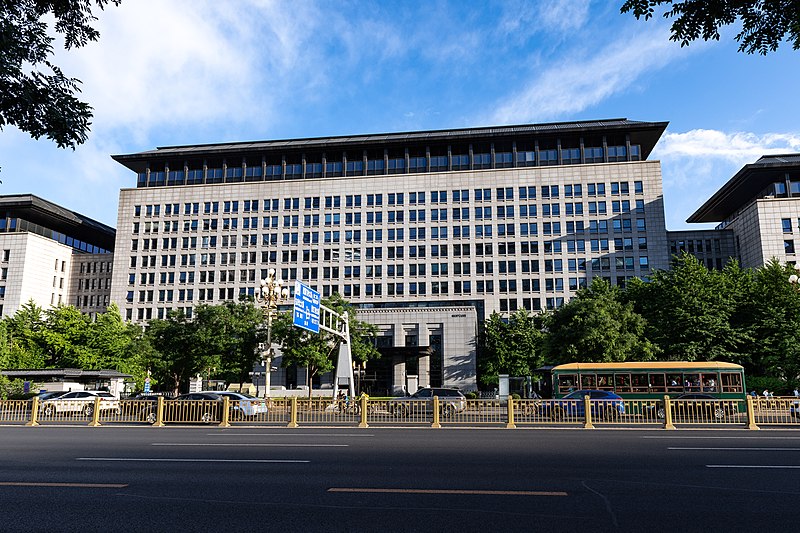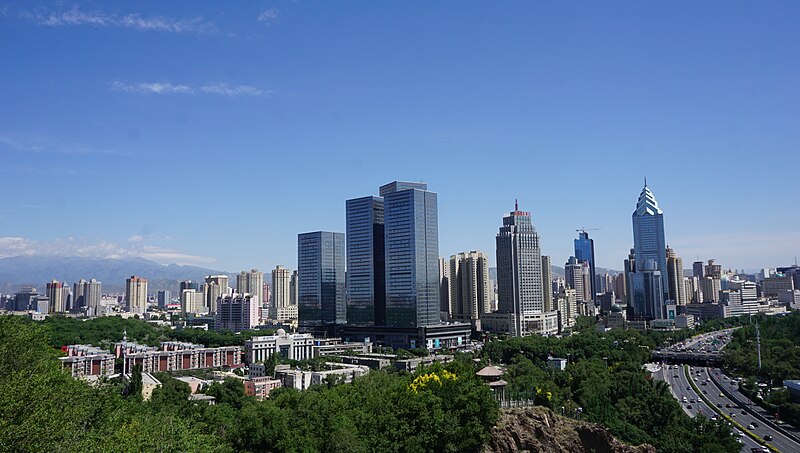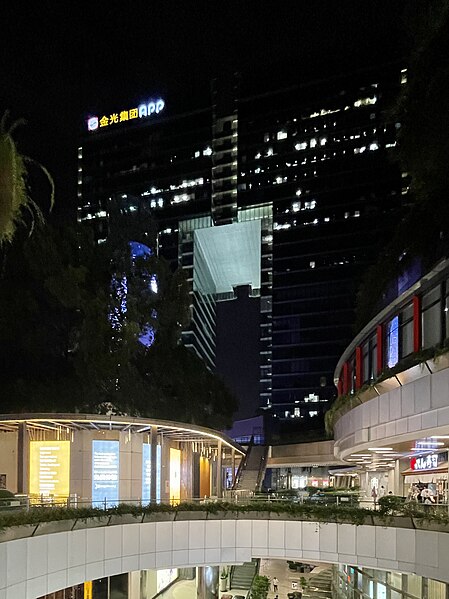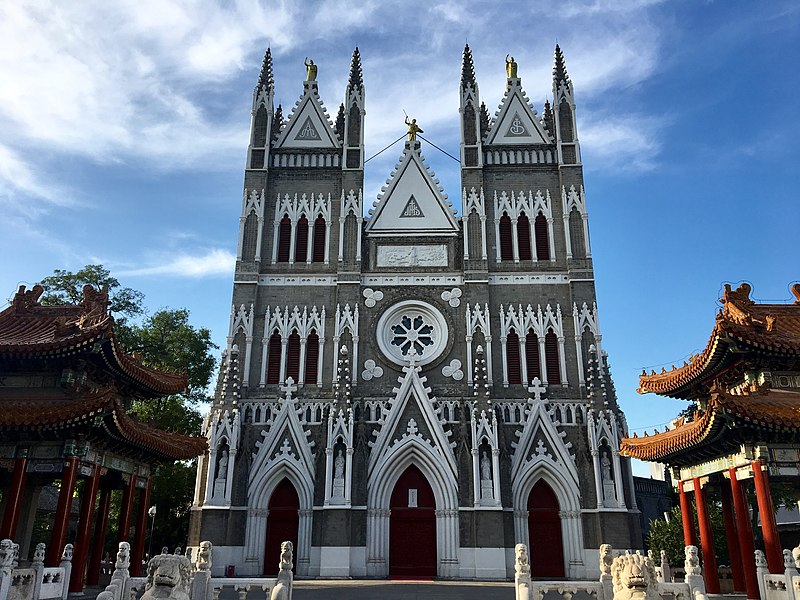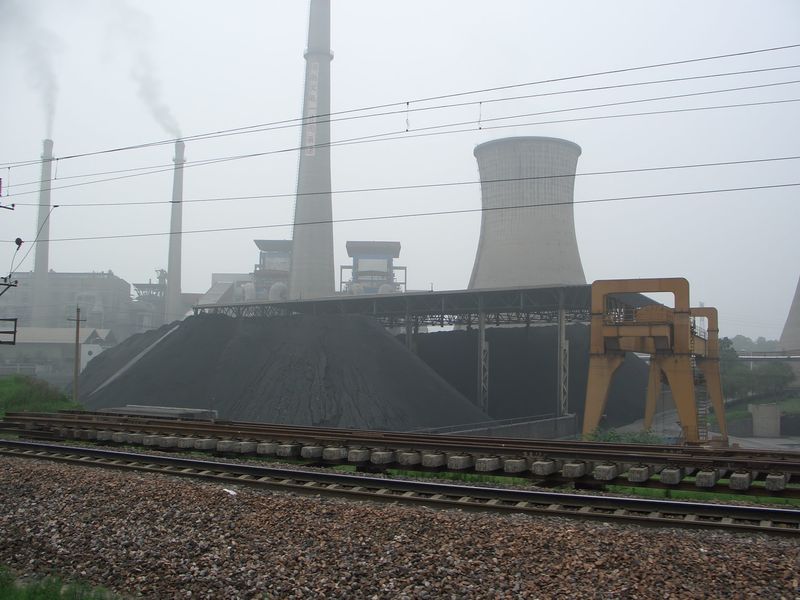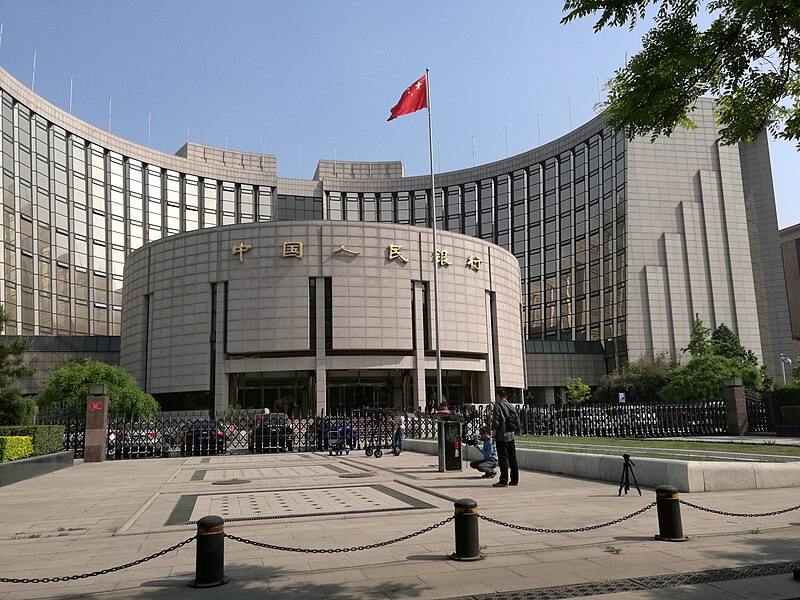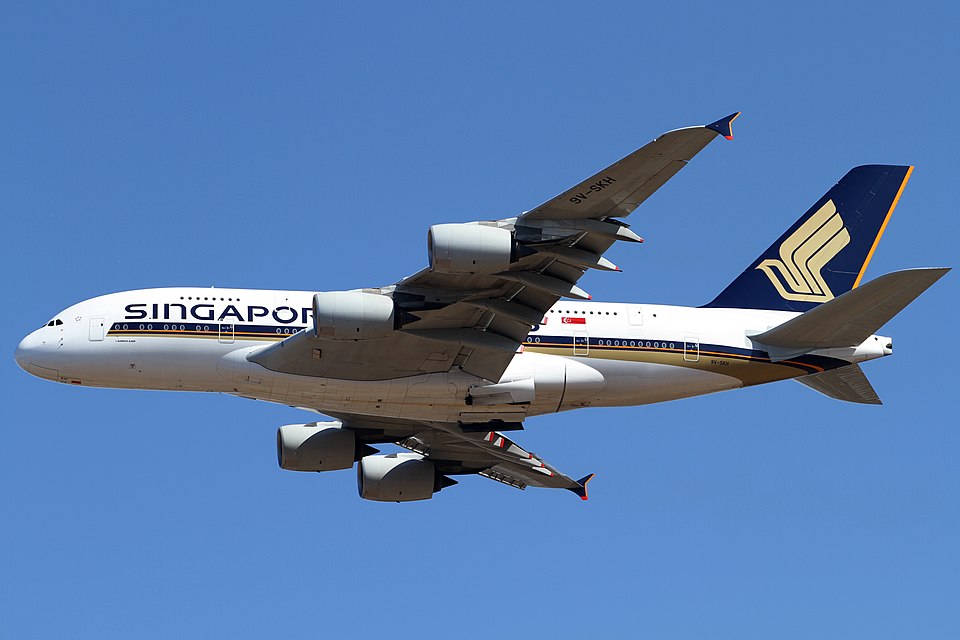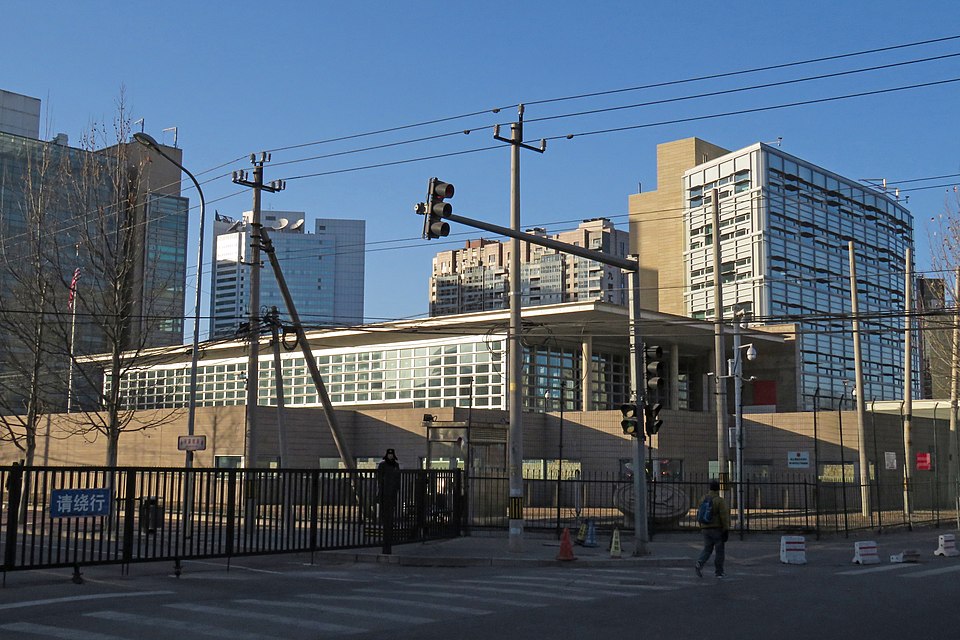
In the week since the Israel-Hamas conflict began, it has had significant reverberations across Asia, leaving an Israeli embassy employee attacked in Beijing and affecting various communities
in the region. Here's a recap of how the conflict has unfolded in Asia and the community responses:
Israeli Embassy Employee Stabbed in Beijing
An Israeli embassy employee was attacked in Beijing, sparking concerns within Jewish and Israeli expatriate communities about potential violence. The assailant, a 53-year-old man from outside China, was arrested. The incident coincided with a call for global action by a Hamas leader.
Foreign Workers Held Hostage and Killed
Hostages, injuries, and deaths occurred among foreign workers in Israel during the Hamas attack, with Thai and Nepalese nationals particularly affected. Thailand reported 20 citizens dead, 13 injured, and 14 taken hostage by Hamas. A total of 30,000 Thai workers reside in Israel. Nepalese workers were also killed, and citizens from Cambodia and the Philippines were confirmed dead or missing. Chinese nationals were killed, wounded, or missing, adding to the international impact.
Chinese-Born Mother Seeks Aid for Daughter Abducted from Party
A viral video showed Noa Argamani, a half-Chinese Israeli, being kidnapped by Hamas militants near Gaza's border. Her mother called on Chinese President Xi Jinping to help secure her daughter's release, even though Noa was born in Israel. The case has garnered attention on social media platforms like Weibo.
Solidarity Demonstrations in Asian Cities
Asian cities expressed solidarity with Israel through various demonstrations. Taipei 101 in Taiwan was illuminated in blue and white, and in Tokyo, Japanese and Jewish communities gathered to sing Israel's national anthem, "Hatikvah," and the peace song "Oseh Shalom."
Chinese and Japanese Responses
China has called for a two-state solution and condemned violence against civilians on both sides but avoided naming Hamas or labeling its activities as terrorism. China's special envoy to the Middle East has been engaged in efforts to reach a ceasefire. While China maintains a relationship with Palestinian organizations, it has also developed economic ties with Israel. However, Israel and the United States expressed disappointment with China's response.
Japan, on the other hand, did not explicitly support Israel's "right to defend itself" and did not label Hamas attacks as "terrorism." Japan recognizes both Israel and the Palestinian National Authority and supports a two-state solution while providing aid to Gaza.
The conflict has had diplomatic implications, impacting Israel's relations with China and Saudi Arabia and Japan's stance on the matter. As the situation continues to evolve, its repercussions in Asia persist. Photo by יאיר ליברמן, Wikimedia commons.

